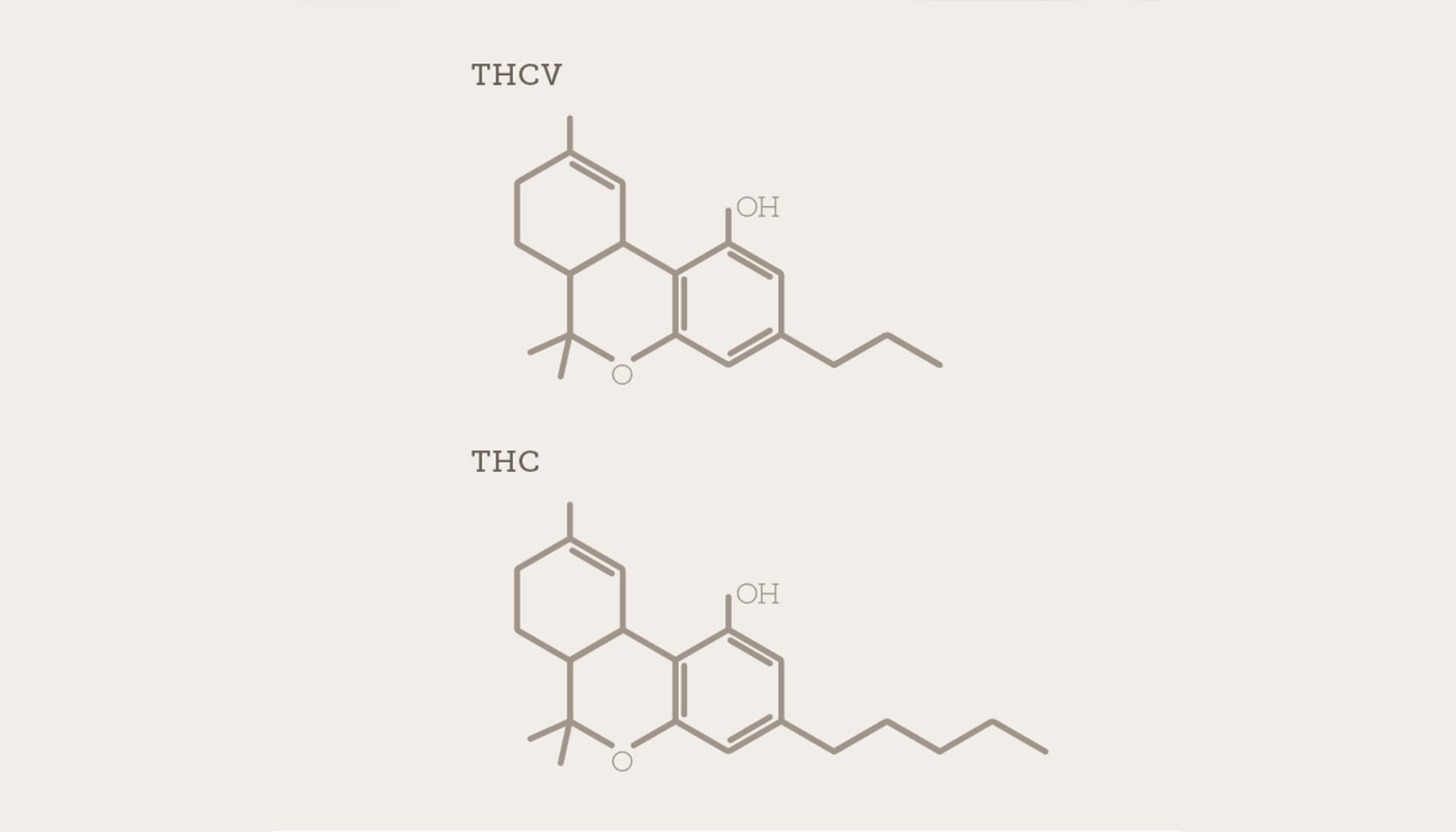Tetrahydrocannabivarin (THCV) is a cannabinoid compound discovered in marijuana and hemp plants. It's chemically comparable to tetrahydrocannabinol (THC) but with some essential differences. Here's whatever you require to understand about THCV including the risks, benefits, differences, and similarities with other types of THC and Helpful site more. What Is THCV? THCV is a less common cannabinoid found in some pressures of marijuana, especially African sativa.
 The Therapeutic Value of THCV • truPhys
The Therapeutic Value of THCV • truPhys
 What Is THCV (Tetrahydrocannabivarin)? - CNBS
What Is THCV (Tetrahydrocannabivarin)? - CNBS
 What is THCv? THCv Effects Verilife
What is THCv? THCv Effects Verilife
THCV has a 3-carbon side chain rather than THC's 5-carbon side chain. This distinction is subtle, but it has a noticeable influence on the result profile. THCV is somewhat psychedelic however only about and about. What Does THCV Feel Like? THCV has a strong energy-boosting part to it, that makes it particularly popular among trainees and athletes.
In the United States, THCV regulation is nuanced. THCV is not a Schedule I Drug, but marijuana extracts are making it rather uncertain what the federal position is on THCV. The 2018 Farm Bill mentions that hemp plants and all derivatives of the plants are legal on a federal level, so many business comply with this law and still provide THCV to clients by only extracting the substance from hemp plants.
If THCV is considered a THC analog, it might be managed in the future by the same guidelines as THC under the Federal Analog Act. This act mentions that any substance that shares a similar molecular profile as a known forbidden substance it's consisted of in the exact same drug Schedule category.
What Are the Results of THCV? Advocates of THCV report that it produces an extreme burst of energy and makes them feel euphoric without the psychological cloudiness triggered by THC. The impacts are extremely mild compared to THC. The results are nearly solely cognitive yet in some way have really little effect on headspace.
2. THCV & Hunger Some THCV where to buy thcv weed users declare that it curbs their cravings. This is a common impact of other focus-enhancing compounds also. It's as though THCV gets rid of the distraction of other bodily processes (like hunger) in order to preserve resources and attention to cognitive tasks rather. How Does THCV Work? Cannabinoids produce biological impacts in the body by engaging with endocannabinoid receptors.
CB1 receptors are situated in the nerve system and connect with neurotransmitters in the brain to produce mind-altering results. Interaction with CB1 websites is what offers some cannabinoids like THC their psychoactivity. THCV is a bit tricky to comprehend because it's mostly a CB1 antagonist, suggesting it has the opposite effect as THC.
While scientists are still seeking to comprehend this process, it appears THCV has the ability to block the effects of CB1 in low doses and promote them in high dosages. CB2 receptors are found mostly in the body immune system. THCV is a partial agonist of CB2, but the results of this partial activity aren't well-known, and it seemingly has no discernible effect on THCV users' experience.
As pointed out in the previous section, THCV is a CB1 villain in low doses which is the precise opposite effect of delta 8 and delta 9 THC. This could indicate that THCV counteracts a few of the psychedelic results of THC. This result might explain why people who use THCV feel so clear-headed especially compared to the notorious "fogginess" induced by delta 9 THC.